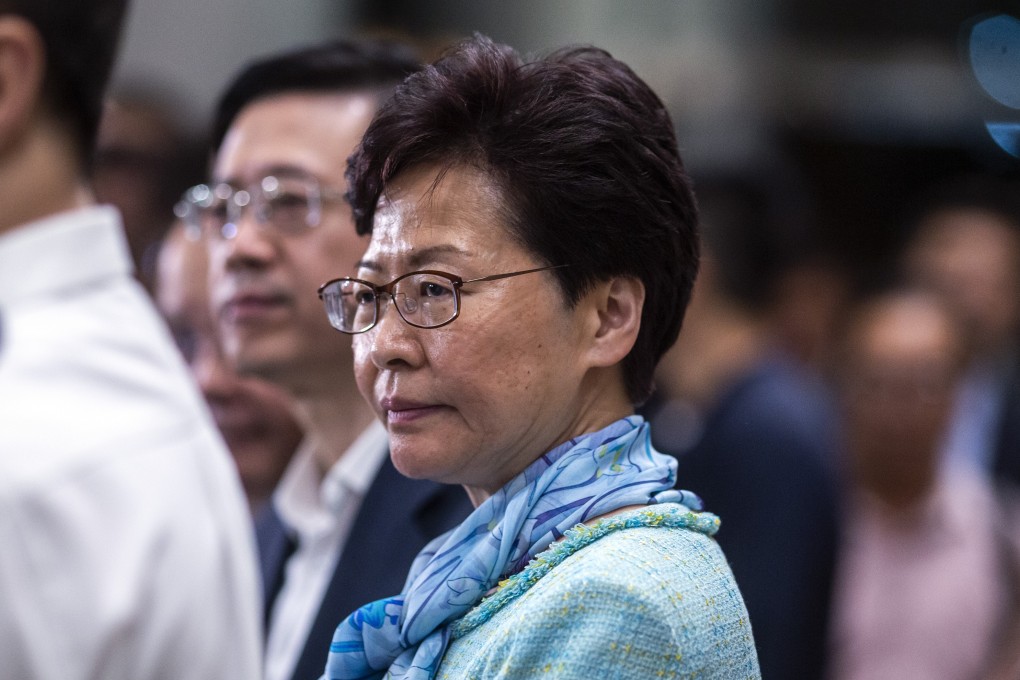Opinion | It isn’t just Carrie Lam who needs to listen to the people. So does the whole of Hong Kong’s civil service
- The civil service needs to listen, not only to the younger generation, but to everyone in Hong Kong who cares enough to march. Officials all too often ignore public input rather than taking notice of what people say they need in their neighbourhoods

But it is not just the chief executive who needs to listen to the public – the whole of the civil service needs a change in attitude. Nor is it just the younger generation whom officials should listen to; rather, they need to listen to all the members of the community who care enough about Hong Kong to march in stifling heat and humidity and in some cases, multiple times.
In the areas of planning, land development and community support where I am involved, the public makes many positive suggestions and proposals for improvement. In almost every case, however, public input is ignored – or, worse, just rejected by the civil service without a good reason.
The deliberations that take place among Town Planning Board members increasingly reflect different views, with many wanting to adopt some of the good points proposed by the public. However, these debates are overridden by the directive from the government, which has taken a position before the public is even heard.

